-

Key Supply Chain Innovations
A 100-day Biden administration review found that global supply chains remain in crisis, even as economies reopen. A pandemic-related worldwide shortage of computer chips has stalled countless production lines, with automobile makers alone projected to lose $100 billion in 2021. A lack of delivery capacity has stranded ships outside ports, inflation is on the rise, and logistics companies struggle to recruit employees as the American workforce reshapes itself in…
-

Minimizing Supply Chain Risks
The outlook for the economy looks rosy, fueled by increasing vaccine rollouts and the reopening of communities and businesses. Even the much publicized labor shortage may be a sign of recovery from the pandemic, as many workers leave jobs to find better opportunities elsewhere. Profits for companies are expected to grow by an average of 4% in the next 12 months, while revenues are expected to climb by 5%. Both…
-

Key Supply Chain Trends in the Post-Pandemic Economy
Widespread vaccinations and warmer weather are leading to the reopening of communities and businesses around the world. As this occurs, supply chain companies will play a critical role in the global economic recovery from the pandemic. These businesses will benefit from many new opportunities but also face considerable challenges posed by shifting conditions. To stay…
-
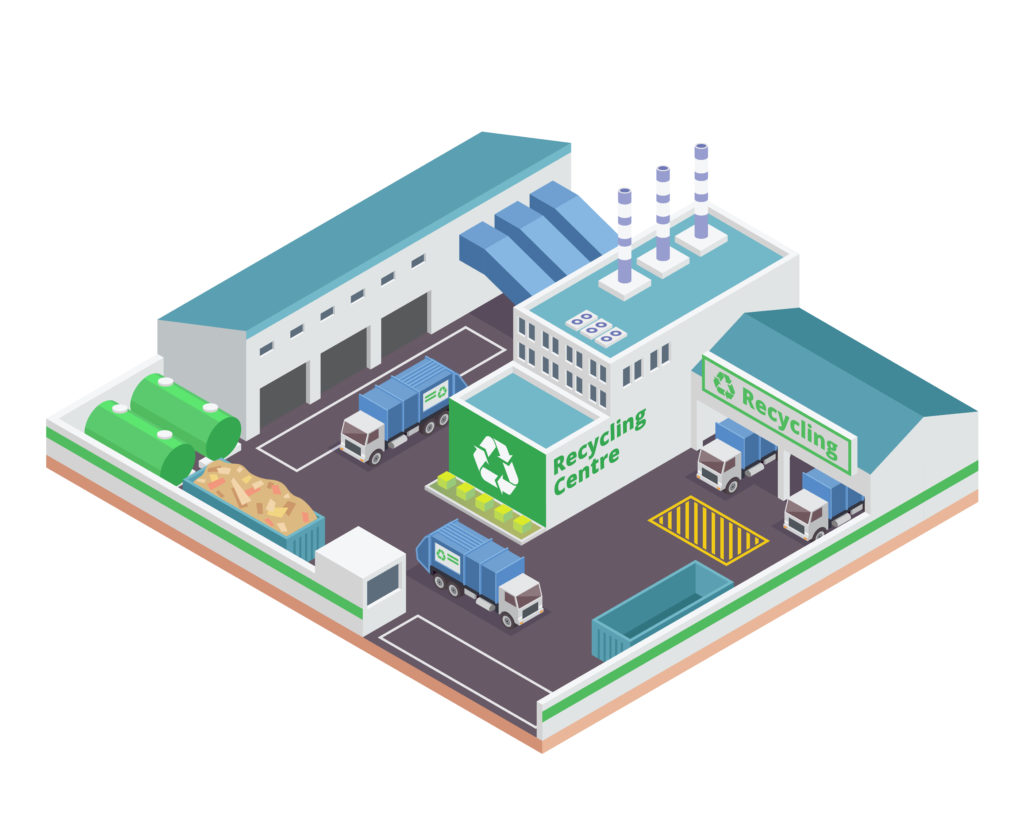
Building Sustainable Warehouses for a Greener Supply Chain
As climate change continues to adversely affect everything from weather patterns to the world economy, companies are doing more than ever to implement environmentally sustainable business practices. For companies in the logistics industry, that has generally meant assessing more efficient delivery systems, energy consumption, and eco-friendly vehicle fleets. Less attention has been paid to the…
-
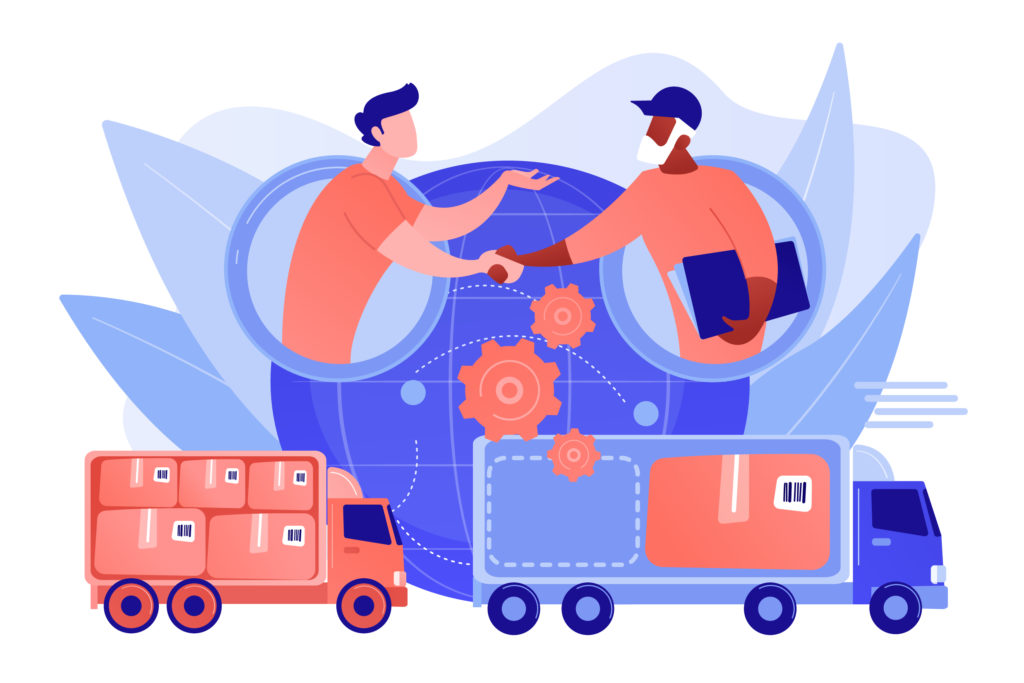
Strategies to Reduce Freight Costs
Vaccines and warmer weather continue to steadily reopen the world economy. There are increasing crowds in brick-and-mortar stores, restaurants, and other public places of business, and consumer confidence appears to be surging. Meanwhile, analysts predict digital buying habits shaped by the COVID pandemic are here to stay, meaning we can still expect robust demand for…
-

The Biggest Supply Chain Challenges of 2021
The global pandemic brought massive challenges and changes to the world’s economies and supply chains. Many manufacturers initially cut back on production in anticipation of a massive slump in consumer purchasing. But consumers continued to spend through lockdowns, turning to e-commerce platforms as brick-and-mortar stores saw a decrease in foot traffic under lockdowns. While companies struggled to meet this unexpected demand, the…
-

Creating Sustainable Supply Chains
Consumers are demanding ever more quantities of delivered goods, increasing the pressure on global supply chains. Managing business logistics has become even more complex as more warehouses are built and shipping companies compete furiously for the labor and resources needed to meet new consumer demands. And as global supply chains expand and evolve, so too do their impact on our planet’s environment. …
-
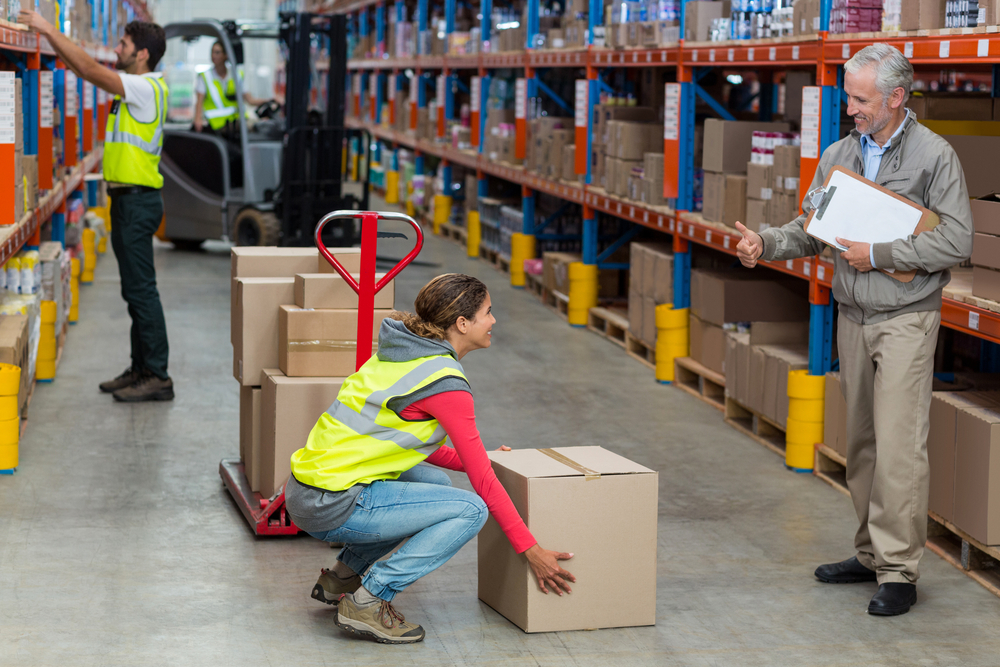
Warehouse Safety Tips for All Companies
Statistics show that around 5 percent of all warehouse workers in the United States will experience injuries on the job each year. These injuries negatively impact not just warehouse workers and their families but the bottom line for businesses. Serious but nonfatal injuries cost the transportation and warehouse industry more than $84 million a week. Tragically, an average of 19 work-related fatalities occur among American warehouse workers each year. These injuries and deaths result…
-

Reducing Logistics Costs in the Post Covid Economy
Consumers may not be aware of it, but most companies engaged in shipping products are likely struggling with rising logistics costs. On the one hand, the COVID economy has led to booms such as warehouse construction, as consumers increasingly purchase goods online and expect delivery right to their doorsteps. But the costs of business logistics have also risen as strains on…
-

Warehouse Safety Best Practices for Your Employees
As global demand for product delivery surges, more and more warehouses are being built throughout the country. Warehouses are the backbone of a supply chain and critical to any company engaged in shipping operations. But these facilities are more than just buildings to store and ship inventory. They employ dozens and sometimes hundreds of workers, supervisors, and managers who work around machinery,…
-
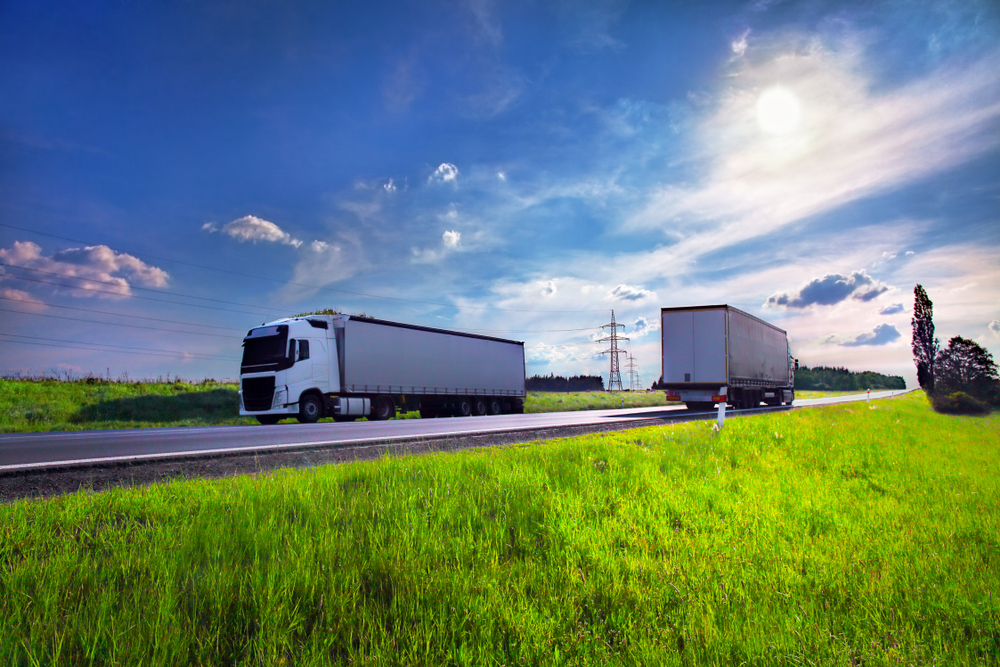
Green Logistics for a Greener Planet
With global warming concerns intensifying, the role of businesses in fighting climate change has become even more critical. As many successful companies continue to expand so too does their impact on both the global economy and the environment. One of the best ways companies can contribute to protecting our planet’s environment is by committing to…
-
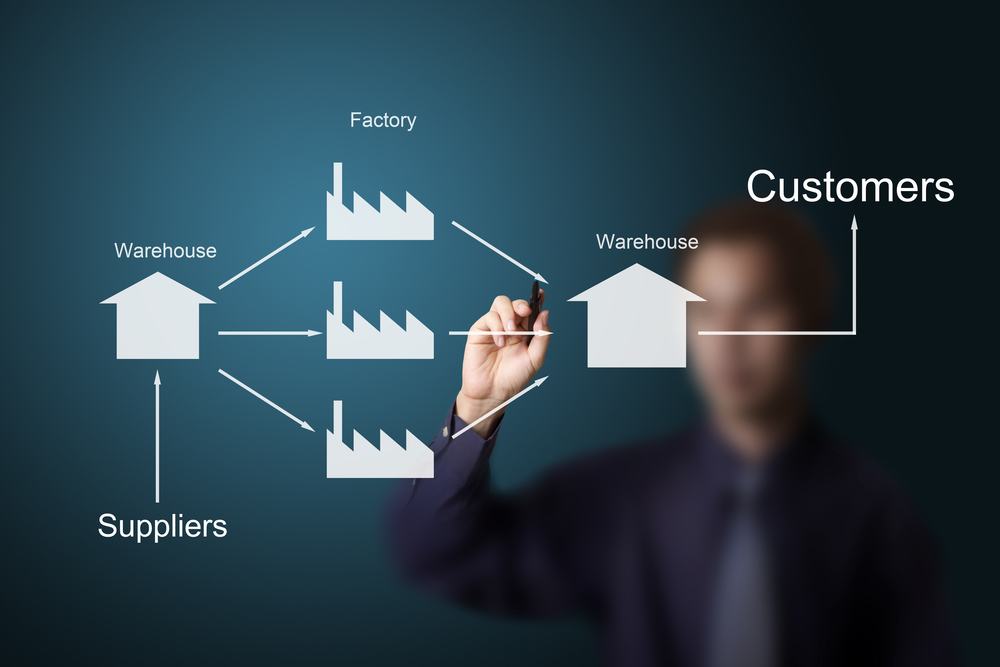
Best Practices for Managing Supply Chain Costs
While many industries have suffered because of the pandemic, the demand for faster, more efficient, and more intricate supply chains has only increased in the COVID-19 economy. Consumers increasingly purchase goods online and expect delivery to their doorsteps, and developers can’t build warehouses fast enough to meet burgeoning storage and shipping demands. Meanwhile, many companies struggle managing supply chain costs while still delivering goods quickly and efficiently. The…